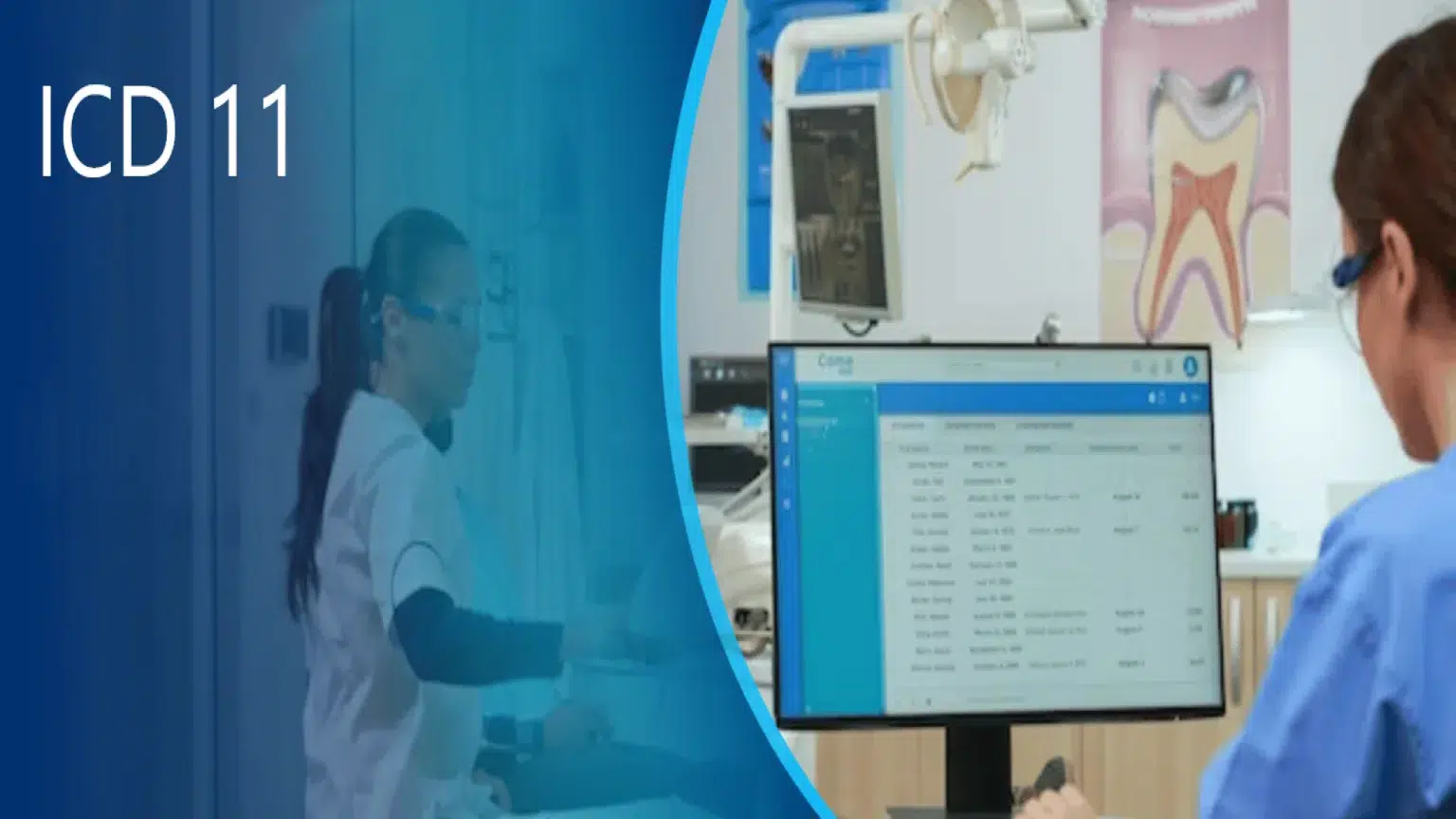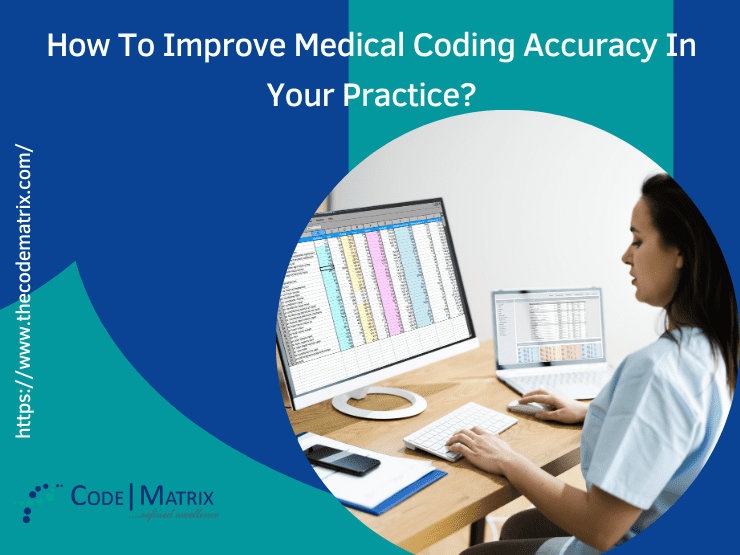Medical coding errors range from simple oversight to serious abuse and fraud. Here’s a succinct guide on common pitfalls to steer clear of:
NCCI Edits Neglect: The NCCI edits, established by CMS, are crucial for proper Medicare billing. Overlooking these can lead to denials, as CPT coding guidelines include many procedures that encompass related services. Always check if a modifier is permissible to bypass a denial.
Example : An urgent care physician bills separately for a chest X-ray (CPT code 71045) and an EKG (CPT code 93005) performed during the same visit for chest pain, which could be flagged by NCCI edits because diagnostic tests performed in conjunction to assess chest pain may be considered inclusive, depending on payer policies.
Upcoding Risks: Billing for more complex services than provided can be seen as upcoding, which in some cases leads to hefty penalties, as seen with a psychiatrist fined $400,000 for Medicare and Medicaid fraud.
Example : An urgent care provider documents a Level 4 complexity visit (CPT code 99284) for a patient with a simple ear infection, which normally should be coded as a Level 2 or Level 3 visit (CPT code 99282 or 99283) due to the straightforward nature of the case and management.
Modifiers Misuse: Incorrect use of modifiers, like appending a bilateral procedure modifier to a service that’s inherently bilateral, can lead to inaccurate billing.
Example : A provider improperly applies modifier 25 (Significant, Separately Identifiable Evaluation and Management Service by the Same Physician on the Same Day of the Procedure or Other Service) to a visit code when the patient comes in for a flu shot, which is not appropriate because the flu shot does not typically require a separate evaluation and management service.
Unbundling Error: Use comprehensive codes that cover entire procedures instead of separate codes for each component to avoid unbundling, which can be viewed as an attempt to inflate charges.
Example : An urgent care center separately codes for a laceration repair (CPT code range 12001-12018) and the application of a sterile dressing (which is typically included in the laceration repair code), rather than using just the laceration repair code.
Modifiers Overuse: Modifiers should be used judiciously, with documentation justifying their necessity, like indicating increased complexity due to patient obesity.
Example: The urgent care center frequently adds modifier -22 to wound repairs, indicating that the procedure was more complicated than usual, without documenting the specific difficulties encountered, such as the presence of extensive contamination or a large foreign body.
Unlisted Codes: When a service doesn’t fit standard codes, unlisted codes may be used with adequate supporting documentation to describe the service fully.
Example: The facility uses an unlisted code to bill for a new rapid test to detect a specific virus, which does not yet have a designated CPT code, without providing appropriate documentation outlining the necessity and specifics of the test.
In medical coding, precision is key. Always cross-reference, document thoroughly, and stay informed on coding standards to avoid these common errors that could impact your practice’s financial health.








